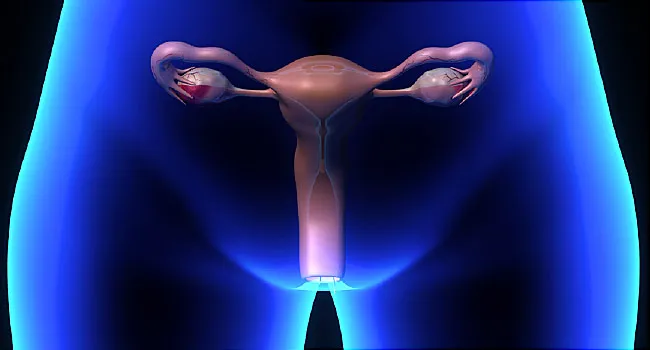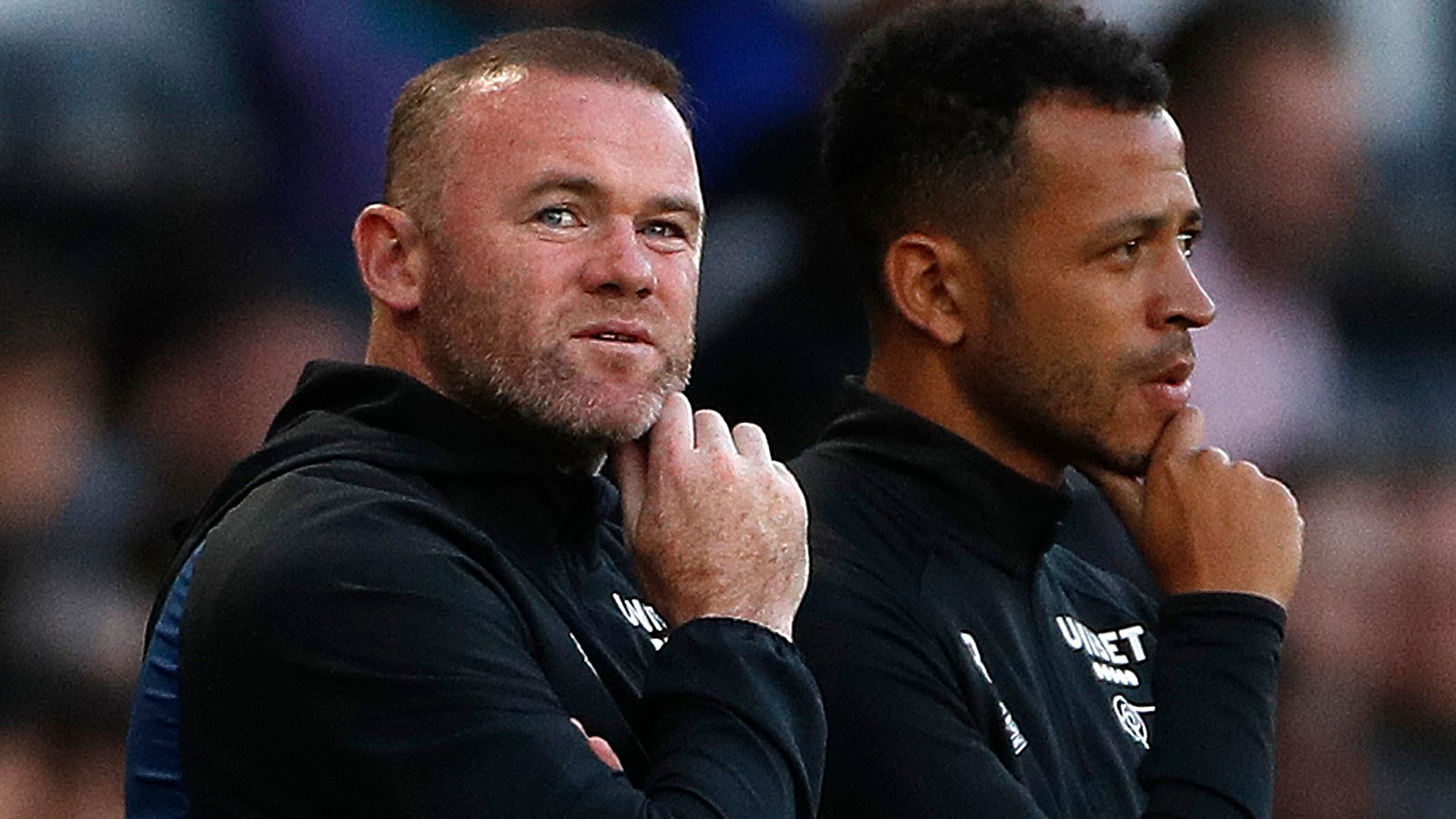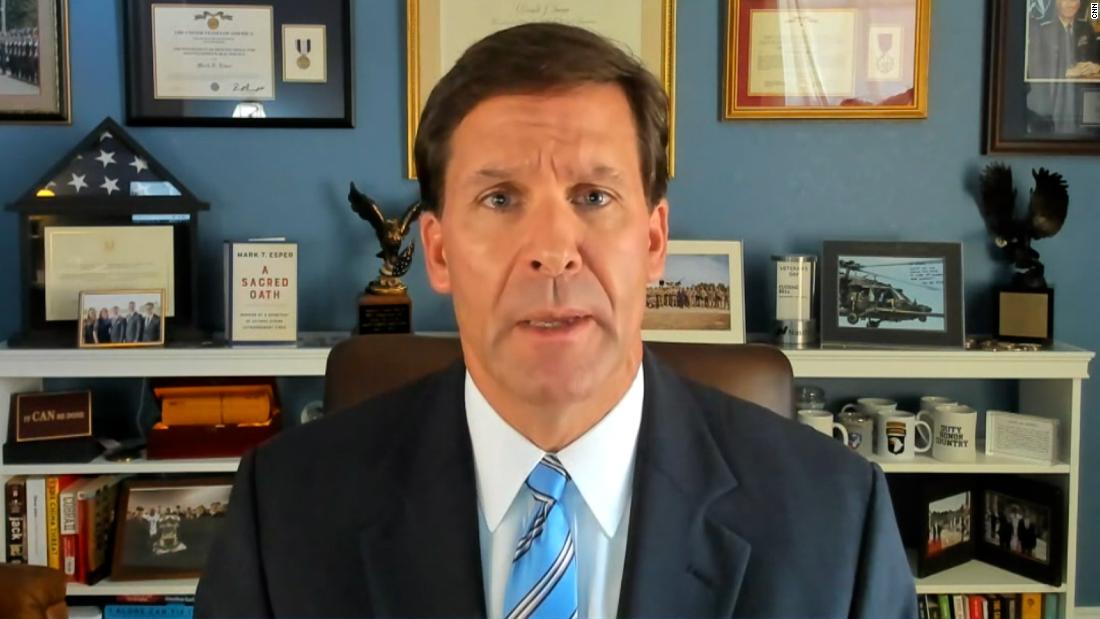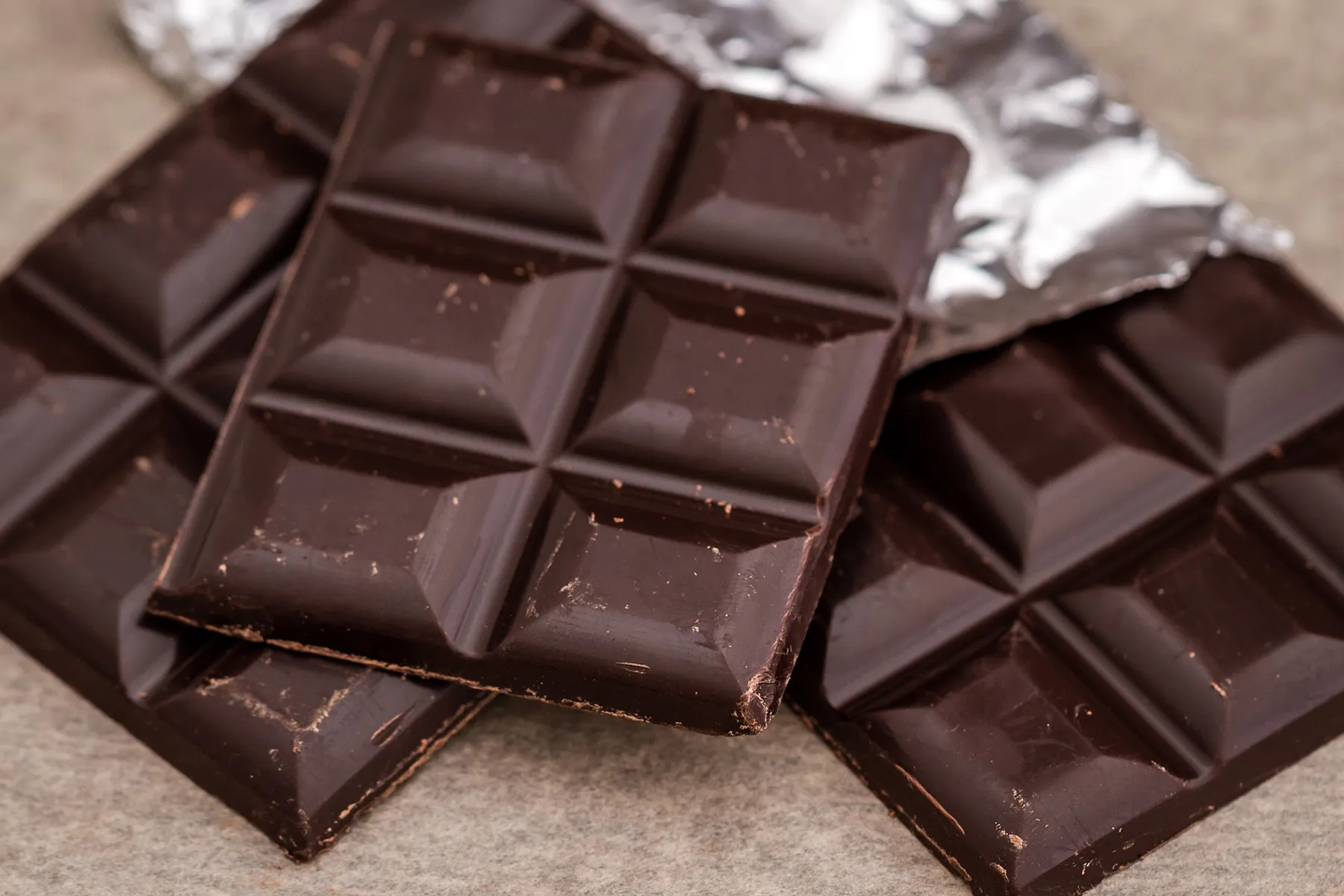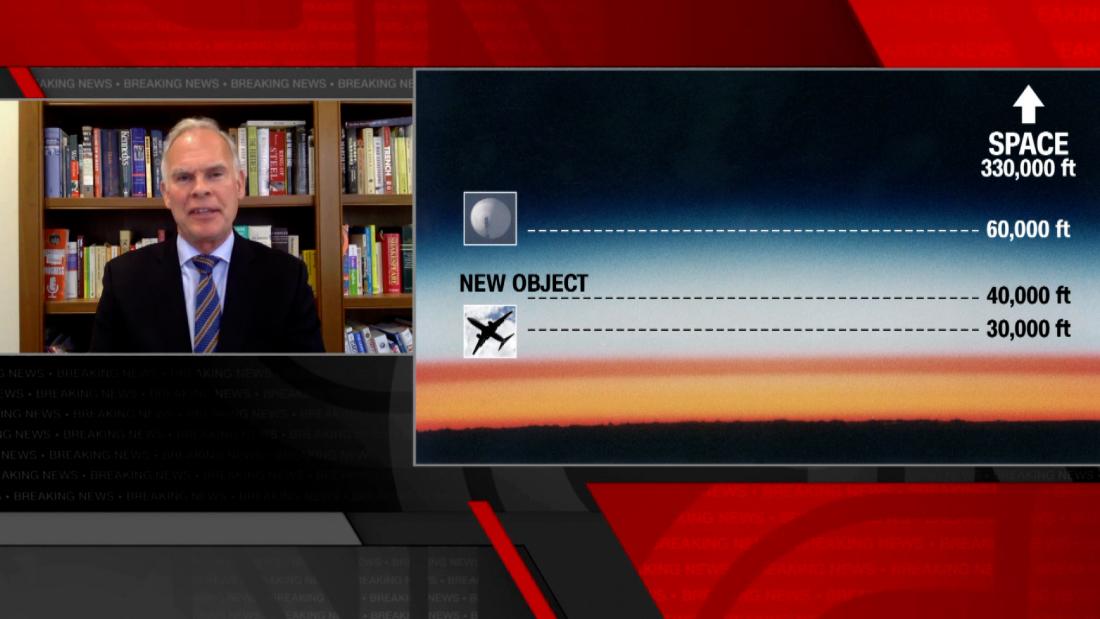Meadows Contempt Referral Presents Dilemma for DOJ
The U.S. House of Representatives’ decision to hold former White House chief of staff Mark Meadows in criminal contempt risks undermining the ability of the executive branch to keep officials’ discussions private, say experts.

The U.S. House of Representatives’ decision to hold former White House chief of staff Mark Meadows in criminal contempt has placed a serious legal conundrum at the feet of the Department of Justice, reports the Washington Post. If prosecutors charge Meadows for failing to comply with a subpoena from the committee investigating the Jan. 6 riot, they could risk undermining the ability of the executive branch to keep officials’ discussions private and could also face Republican allegations that they’re abandoning precedent to unfairly target a political foe.
However, if they forego pursuing charges, federal prosecutors could hamstring lawmakers’ investigation into a brazen attack on the seat of American democracy, while facing criticism from Democrats and liberal groups. Meadows’s attorney has said he is refusing to appear before the committee because “as a former Chief of Staff he cannot be compelled to appear for questioning and that he as a witness is not licensed to waive Executive Privilege claimed by the former president.” But invoking executive privilege is up to the current president, not the former one, and a lawyer for Biden told Meadows that the president won’t do so in this case. Past Justice Department legal opinions have asserted generally that, if the president invokes executive privilege, his senior aides cannot be made to testify. The Justice Department has in recent history refused to bring criminal cases against current and former administration officials after contempt findings from Congress, citing the invocation of executive privilege.

 Landwebs
Landwebs 









